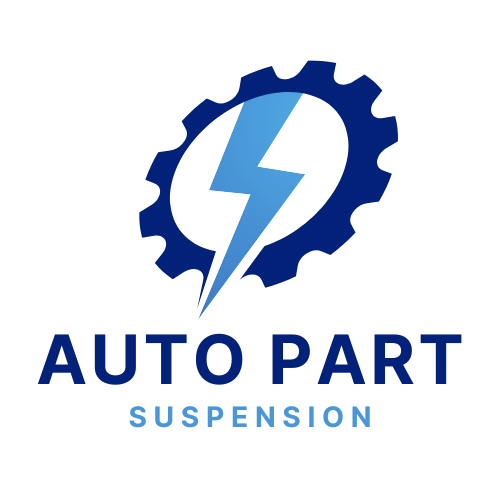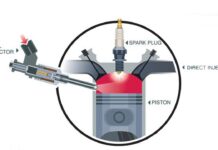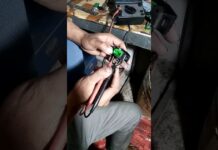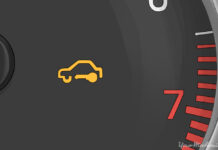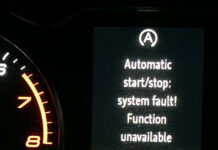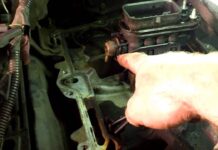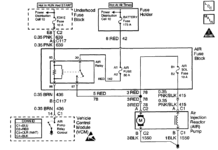What is an ignition controller module? What are the symptoms for an ignition control module failure? How does the ignition control module work ?….
The ignition system is one the most important parts of your vehicle. The ignition system is composed of many components that produce high voltage for the spark plugs. We will be discussing the ignition control module (ICM/Ignition Control Modul) which is an essential part of the ignition system.
What is an Ignition Control Modul?
The ignition control unit is part of an ignition system. Most older model vehicles use a standalone ignition control module. It manages the electrical current that is sent to the ignition coil(s). This allows the spark plugs to generate the correct amount of voltage to ignite the fuel mixture. It typically opens or closes the ground circuit to the primary coil winding.
The ignition control unit is usually mounted at the top of an engine or inside the distributor. Some parts of the module can be heat sensitive. Insulating material is often used to surround internal circuits. You can also place a heat shield between the engine control module and it.
How does the Ignition Control module work?
The ignition control module uses information from a trigger (usually the crankshaft positioning sensor or camshaft location sensor) to determine your vehicle’s ignition timing. For the engine to work efficiently and smoothly, it is essential that the ignition timing be correct.
The input from the distributor magnetic pulse generator determines whether the ignition control module turns transistors off or on. The engine speed and crankshaft position are transmitted by magnetic pulse generators. This signal is converted into a digital signal by the ignition control module and used as an on/off switch.
The model and make of your vehicle may have different requirements for the operation of your ignition system. Modern vehicles have an engine control unit (ECU), which collects data from several sensors to calculate the ignition timing. The ECU calculates ignition timing and sends it to the ignition module. This signal is sent to the ignition coils by the ignition module. In some vehicles, the ignition module controls only the ignition timing at low RPMs.
Ignition System
The fuel must provide energy for the engine to function. This energy comes from the combustion of gasoline, diesel or other fuels. The whole assembly of cables and components, which creates the high voltage necessary for spark plugs to ignite air-fuel mixture in cylinders, is known as the “ignition system” .
The ignition coil acts as the heartbeat of the ignition system. Modern engines only have one ignition coil per piston. Older vehicles used a single coil for voltage supply to all spark plugs. Two sets of wire windings are contained within the ignition coil. “coils” . The positive terminal of a single coil ignition system is where the ignition switch is connected. The ignition module is connected to the negative terminal. This opens and closes a primary ignition circuit, and ignites spark plugs through the distributor.
What are the symptoms of Ignition Control Module Failure?
It is important to replace the ignition control modules as soon as possible because they are the most crucial component of the ignition system. The following are common symptoms of a defective ignition module:
On – Engine Malfunction Lamp
The check engine light will turn on if your vehicle’s primary computers (PCM/ECM/ECU) detects an issue with the ignition system. The fault codes P0300 to P0399 refer to the ignition systems. To have your vehicle repaired or checked out by a mechanic, you should visit them as soon as possible.
Engine Misfires, Irregular Engine Running
A misfired engine is usually a sign of incomplete combustion. A poorly running engine is also a sign of incomplete combustion. You may experience an acceleration problem if your ignition module is defective.
Engine Stopping
Faulty ignition modules can cause an engine’s to stall. This is because it won’t be capable of lighting what it needs. You should also note that other engine components may cause problems such as stalling. To get a diagnosis, take your vehicle to the mechanic.
Engine not starting
A failed ignition module is often the cause of engine not starting.
If you have any of these symptoms, make sure your vehicle is checked.
Driving the vehicle with a defective ignition module can cause further damage to the catalytic convertor and other components.
